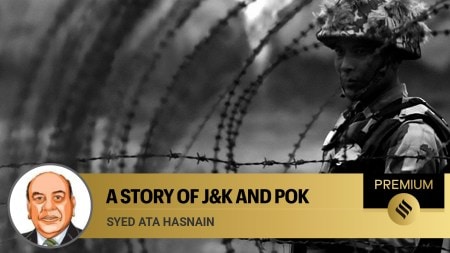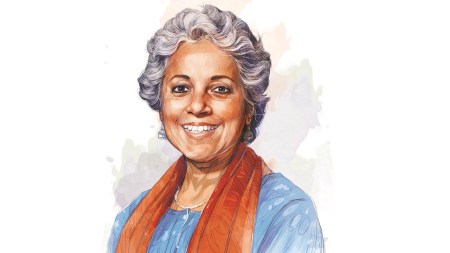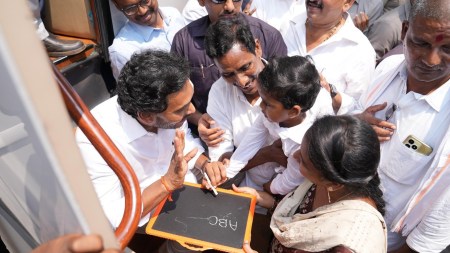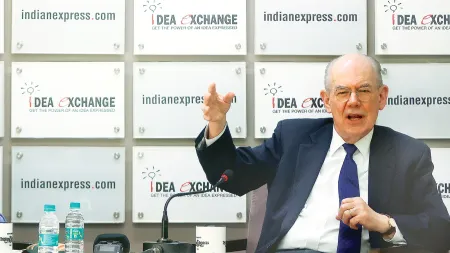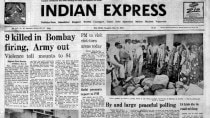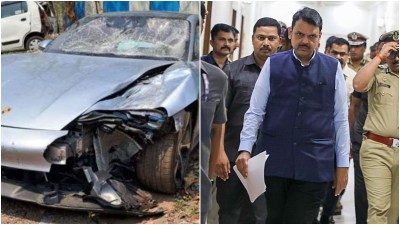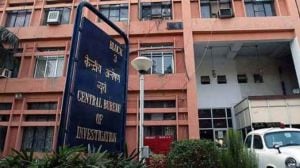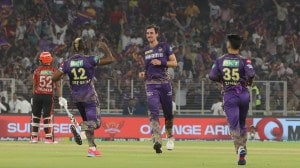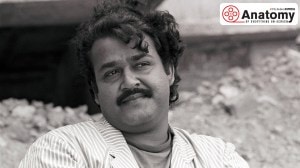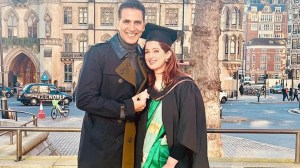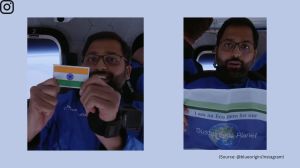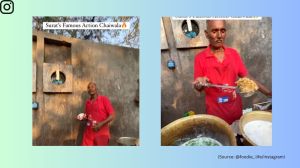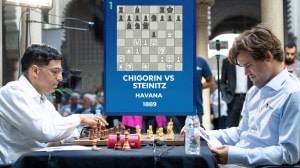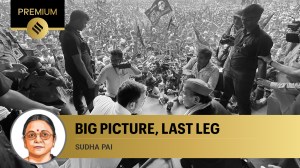- India
- International
A snapshot of queer lives in Gujarat
Being queer is a very lonely experience in India, and indeed Ahmedabad. With little or no support systems, with families that don’t understand you and with a popular culture that invisibilises you, you end up being just a blank profile on a dating app
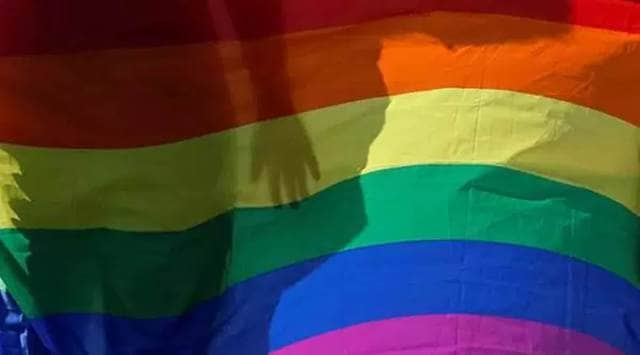 Ahmedabad does have organisations such as QueerAbad (a virtual platform for people belonging to the LGBTQIA community), but there is scope for much more. (File)
Ahmedabad does have organisations such as QueerAbad (a virtual platform for people belonging to the LGBTQIA community), but there is scope for much more. (File)K carries with him the urbane, cosmopolitan confidence that is characteristic of gay men of Tier 1 cities. If one didn’t know better, one would easily assume that the life he leads was handed to him on a platter. That the guy sitting opposite me in one of Ahmedabad’s most popular coffee places, talking about his dating life, is screamingly gay and proud as Lady Gaga’s body of work.
But there are discrepancies.
His profile on Grindr, the most popular gay dating app in the country, like almost all other profiles in Ahmedabad, doesn’t have his own photos. “I knew you were an outsider when I realised that you are using your own pictures. People don’t do that in Gujarat,” says K.
He is 25. Was almost ready to marry his girlfriend when he realised that he had “caught” feelings for his best friend, a straight man. “Before that I didn’t think it was possible to catch feelings for guys. Sex is fine, I always knew I was attracted to men, but I thought I loved my girlfriend. Until this happened,” says K.
I latch on to the phrase “caught feelings”, he makes it sound like a flu. “Nothing like that!” He brushes off the question with a smile.
K’s realisation was, evidently, a turning point in his life. He didn’t know what to do with his feelings. “I thought I would be able to keep on leading a dual life like this. I will be dedicated to my girlfriend and have male lovers, but I realised I am capable of only loving men,” he says. Almost as if he had only now deciphered the biggest mystery life had thrown at him. “I didn’t know what to do. It was bang in the middle of the pandemic. I didn’t have any support system. I didn’t know who to reach out to. The city has very little support for people like us. It was as if my world was closing in on me,” he says.

K had felt this helpless only once before. The day his father broke his 15-year-old heart. “It was a family outing at an amusement park in my hometown Valsad. I was quite sassy as a child and I tended to be sassier on days I would be happy. That day I was walking with a spring on my steps. I suddenly saw my father walking away from me. My mother came to me and chided me for walking like a woman. She said my father was ashamed of me. That day I decided that I won’t bring more shame to my parents. That day I knew I can’t ever be myself around them,” says K.
As I scroll through rows of nameless, faceless profiles on Grindr, K’s words keep coming back to me. It’s not as if other cities don’t have gay men leading double lives, but there is something systemic about the way this plays out. Interactions that can be stripped down to one basic sentiment, being queer is a very lonely experience in India, and indeed Ahmedabad. With little or no support systems, with families that don’t understand you and with a popular culture that invisibilises you, you end up being just a blank profile on a dating app.
A is a perfect case study. As we navigate the mazes of Juhapura, arguably the country’s largest Muslim ghetto, A, a Muslim man in his late twenties, is conscious of what our interactions may be perceived as by onlookers. “Aap journalist ho na, toh problem nahi hoga,” (You are a journalist so people will not suspect anything). It’s almost as if our conversation is something illegal. “People don’t talk about these things here,” he says. When I reached out to him on Grindr earlier in the day, A, who runs a pet shop in Juhapura, was amused by the idea of the interview, reassured by the anonymity of it all. But he wasn’t comfortable with the idea of conducting it at his neighbourhood. When I insisted, he very politely asked me two questions. One, if I am ‘too ladyish’ (effeminate). Two, if I will dress straight. I didn’t have straight answers for both the questions but he relented. Because journalists are granted some level of eccentricities I presume.
A, whose family insists that he gets married soon, has multiple partners but none he can call a friend. He does, however, attend private queer parties regularly in Ahmedabad, which are held at other parts of the city. “At that part of the city, people don’t know me, so I can let my hair down,” he says. Does he not feel the need to make queer friends at all? A considers the question for a while. “Recently, I had a health scare. I didn’t know who to talk to. I wish I had someone to talk to then,” says A.
S, from a prestigious Ahmedabad University, also says that there is a definite lack of awareness when it comes to sexual health in the queer community of the city. “This is true for the rest of India too, but in other cities, like Pune, my hometown, there are many outreach programmes that I have heard of, I don’t know if there are many such programmes here, he says.
The city does have organisations such as QueerAbad (a virtual platform for people belonging to the LGBTQIA community), but there is scope for much more, feels S. In an earlier interview to The Indian Express, Anahita Sarabhai, founding member of QueerAbad revealed that the motivation to start the organisation came from the “severe lack that I felt in my life as someone who identified as a queer in Ahmedabad.” She added, “I think it is the best motivation for anyone to start with, especially for someone who belongs to a community that is in desperate need for a cohesive community. I had the luxury and the privilege to fill in the voids I felt in myself.”
Indeed, not many have that luxury and privilege. When K was struggling with his feelings for his straight friend, unable to find help from the community, he decided to join a prominent ashram hoping it would cure him. “It was a wonderful experience, but I was left even more confused. It’s only months later that I realised that I can’t be cured of this,” he says.
When I ask Mallika Sarabhai, prominent performance artist and activist from Ahmedabad about this, she has a bristling answer. “We are hypocrites, we eat non vegetarian food outside, but pretend to be pure vegetarians inside. We love leading double lives,” she says.
But there is still hope. Prince Manavendra Singh Gohil of Rajapipla, who you probably know as the “first openly gay prince of the world”, feels that things are much better now in Gujarat. When he talked publicly about is sexual orientation in 2006 that his family took action and accused him of bringing dishonour to the clan. His effigies were burnt in Rajpipla. “Today, coming out is much easier. In Ahmedabad there are a number of queer events and outreach programmes. Even the government is trying to bring positive change,” he says.
EXPRESS OPINION
More Explained
May 21: Latest News
- 01
- 02
- 03
- 04
- 05


